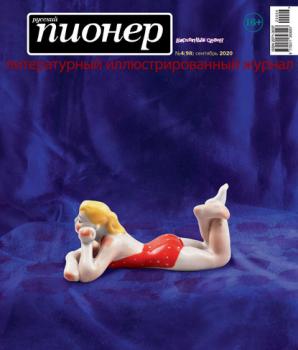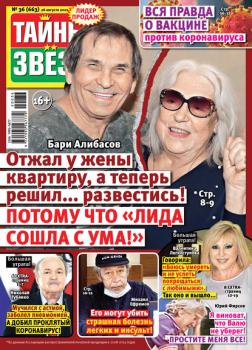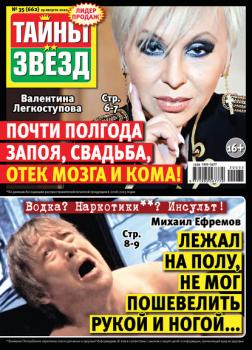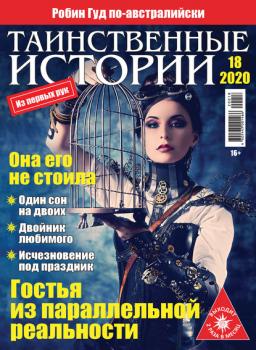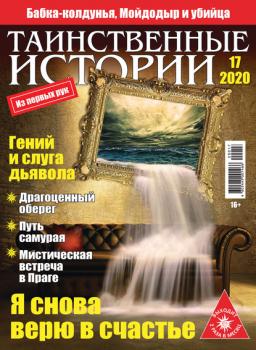Группа авторов
Список книг автора Группа авторовНародный совет №35/2020
«Народный совет» – уникальный справочник и надежный советчик по юридическим вопросам, здоровью и домашнему хозяйству. Газета помогает читателям узнать свои права, решить проблемы, добиться справедливости! Единственное интерактивное издание – читатели задают вопросы по бесплатному телефону 8-800-250-27-28 или в письмах, а ответы находят на страницах газеты. Консультации лучших специалистов, написанные простым и понятным языком с пошаговыми рекомендациями.
Женские истории №18/2020
Женские истории – откровенные, душевные, правдивые. Жизнь так интересна, что захватывает дух! Обсудить самые острые новости, удивиться яркой судьбе, поплакать над трагедией и, порадовавшись, слегка позавидовать счастливчикам – такие женские желания!
